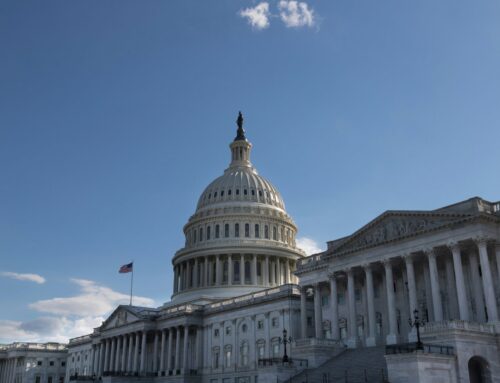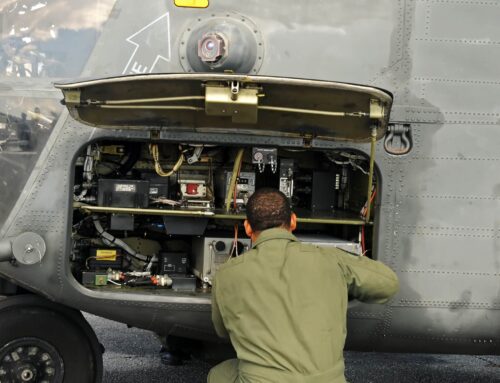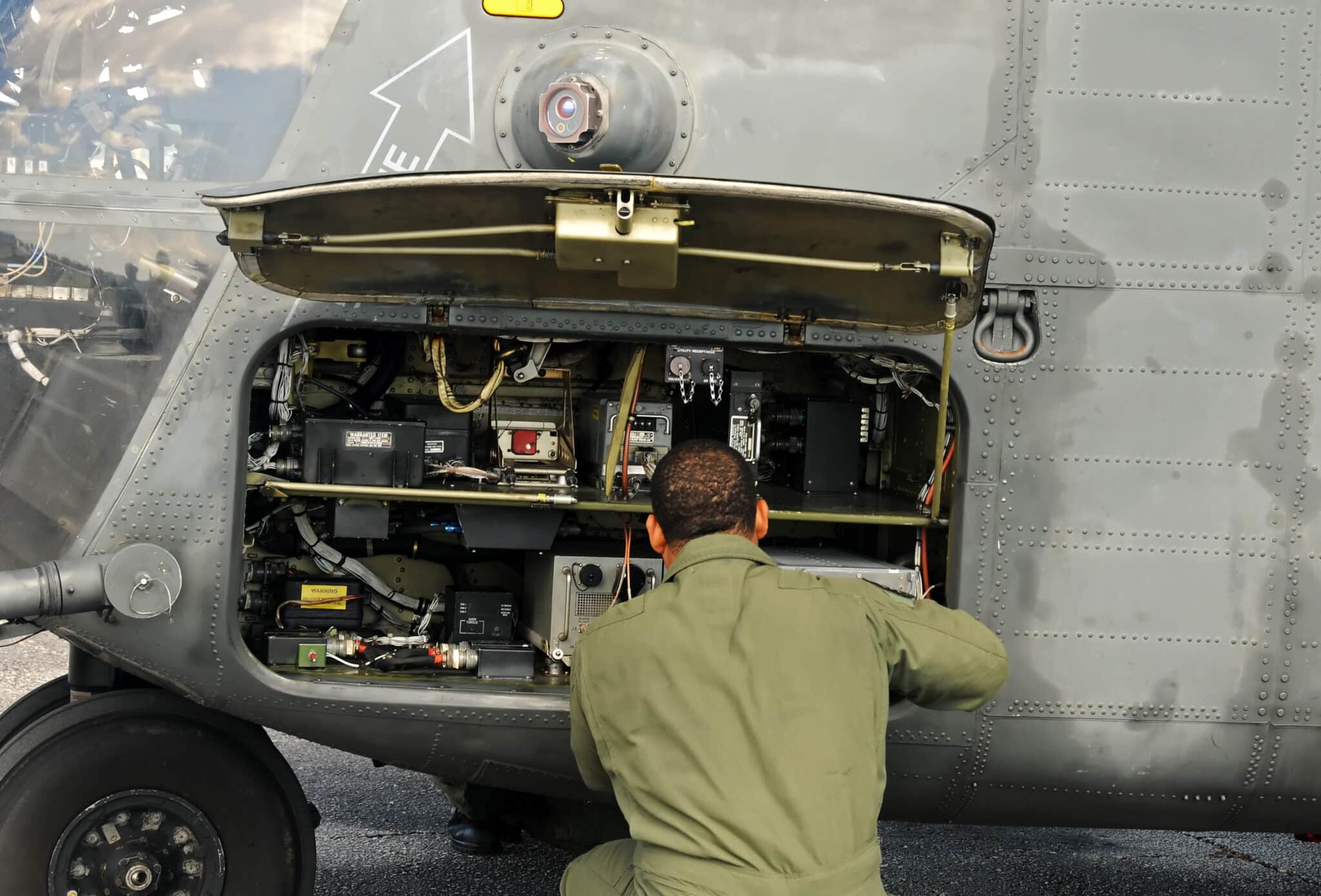Fueled by the largest defense buildup in decades, last year federal contractors raked in $245 billion from the federal government. A 12% increase over 2001, this largesse devoured up about a quarter of the U.S. government's total discretionary budget. While there are some examples where this growth in outsourcing may make sense, it is increasingly evident that it's a root cause of many of our budgetary woes.
Here are some of the main reasons why:
Congress and the administration can't cut it. One way to counterbalance skyrocketing federal contract costs would be for lawmakers to cut wasteful or obsolete contracts. For example, before the onset of our recent military conflicts, the Bush administration singled out three major weapons programs for the chopping block. As recently as mid-2003, Defense Secretary Rumsfeld ordered his staff to draft strategies for cutting five of the military's largest acquisition programs, including Lockheed Martin's F/A-22, the Boeing/Textron V-22 Osprey and the Comanche Helicopter.
Not a single one of these budget-cutting proposals has been implemented.
The 2004 budget includes more than $5 billion for the F/A-22 and more than $4 billion for development of the Joint Strike Fighter, both of which were once targeted for elimination.
Homeland Security is driving growth…and cost overruns. The creation of the Transportation Security Administration (TSA) is a prime example of how Homeland Security contracts are wasting tax dollars. Because it didn't have a large enough workforce to reach goals Congress set for it in late 2001, the agency has relied heavily on contractors to fulfill its mission. In under two years, TSA has provided a nearly $9 billion windfall to big contractors. For example, Boeing Co. received $1.4 billion to install explosive detection systems for baggage and Lockheed-Martin — the largest defense contractor in the world -received $400 million in contracts.
One of the first contracts TSA bureaucrats signed is illustrative of how much their growing pains are costing taxpayers. The TSA handed NCS Pearson a $104 million deal to assist in recruiting security screeners for the agency. The only thing the contractor did well was rack up cost overruns that ballooned the contract to more than $700 million. Their spending spree included a five-week junket for 20 recruiters at a $150 per night luxury resort in Telluride, CO, where they interviewed candidates for jobs. NCS Pearson was eventually replaced by the TSA, but the company has since reported more than $300 million in profits from the deal.
Companies are becoming too reliant on the federal government. Because of lucrative nature of federal contracts, more and more companies are beholden to the government for their survival. DynCorp, a major defense contractor that's now training the Iraqi police force, receives more than 98% of its revenues from federal contracts.
This obviously encourages a system of self-perpetuation. Many of the contractors spend as much time trying to get more business from the feds as they spend actually fulfilling the contracts. Although the typical private corporation couldn't care less about the side effects of axing an under performing outsourced program, lawmakers are well known for keeping wasteful programs on the dole in order to prevent job loss and economic upheaval.
Despite the rhetoric that private businesses are more cost-effective than government; too much reliance on contractors can lead to long-term troubles. Iraq is a good example of this. Some of the contractors who are supposed to be performing support and logistical work for the troops are nowhere to be found. Also, the recent space shuttle disaster shined light on the United Space Alliance, a Lockheed-Boeing partnership that ran the program.
The amount of business contracts that Uncle Sam dishes out is likely to grow in the next few years. They say records are made to be broken. Well, once Homeland Security operations really get moving and contractors start bidding on work currently performed by federal employees, the record amounts we're looking at now will pale in comparison.










